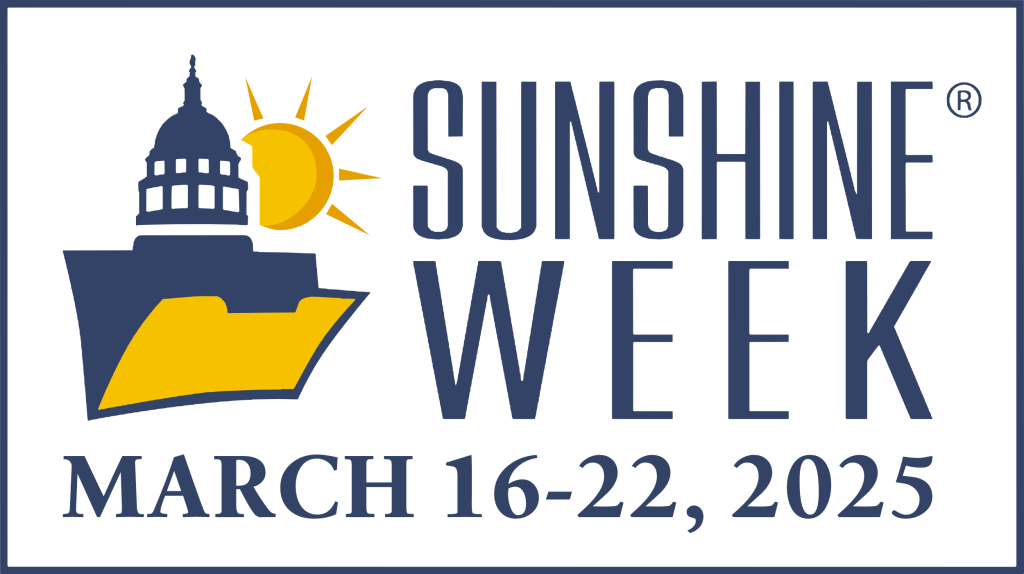Beginning November 24, 2025, the OOR’s new mailing address will be:
Pennsylvania Office of Open Records
555 Walnut Street, Suite 605
Harrisburg PA 17101
Starting on November 20, 2025, the OOR will only able to receive postal mail on a limited basis. Accordingly, there may be a slight delay in docketing any appeal or submissions filed via postal mail. Any appeals will not be prejudiced as to timeliness. Because most OOR staff will be working remotely until at least December 8, 2025, we strongly encourage requesters and agencies to use the appeal portal for appeal submissions and correspondence, and to contact the OOR via phone or email for other matters.
Agencies are also asked to update all website listings, forms, letter templates, and other resources with the OOR’s new mailing address.



